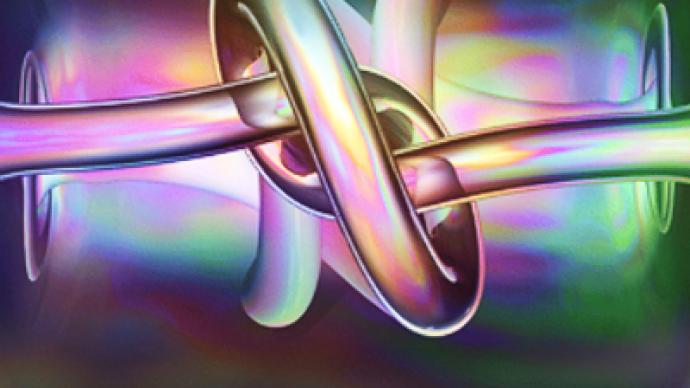The quiet (political) death of Nabucco

The US-backed Nabucco natural gas pipeline is dying a slow death. Even its strongest supporters have a hard time demonstrating its commercial viability.
But it has never really been about money or energy – Nabucco stands for politics and geo-political advantage. The EU has all but pulled the plug on the project, essentially writing Nabucco’s obituary.
Nabucco cheerleaders spin the pipeline as an alternative to European dependence on Russia for natural gas deliveries. A third of Europe’s entire gas consumption comes from Russia via Ukraine. The recent gas price and transit disputes involving the two countries, as well as negatively impacting Europe, gave Nabucco backers hope that this new pipeline would appeal to those who claim Russia uses energy as a political weapon. To ensure Europe’s energy security, the argument goes, there must more alternatives to Russian fuel. Nabucco was the answer to this problem.
Before discussing other political issues, let’s consider just exactly what Nabucco is about. The pipeline is a plan to transit Central Asian gas via Turkey and the Balkans to Austria. At 3,300 kilometres, it isn’t cheap either. Depending on who you ask, it is estimated cost over $10 billion. To date, many appear to like the idea of Nabucco, but few are willing to put up the cash to make this project a reality.
There is the issue of whose gas will fill the pipe. The obvious candidate has always been Azerbaijan. The problem is, Baku does not have the spare capacity to fill the entire pipeline. There are suggestions that Turkmenistan, with its vast reserves, could fill the gap. Alas, almost all of Ashgabat’s gas has already been sold through future contracts to Russia and China. Of course Iranian gas could be the solution to Nabucco’s supply problems, though that’s impossible due to objections coming from Washington because of Tehran’s alleged ambitions to join the nuclear weapons club.
Let’s return to politics – the real reason Nabucco was invented in the first place. This pipeline was dreamt up by those whose sole intention is to supply Europe with natural gas, bypassing Russia. These are the same people who claim Russia uses energy a political weapon. Well, energy is used as a political weapon, but not by Moscow. Ukraine has a habit of resorting to energy blackmail while hiding behind its bogus “orange credentials”. Sadly, but not unexpected, the commentariat willingly goes along with this storyline.
That fact is, Russia is building pipelines around Ukraine for commercial reasons. The Nord and South Stream pipelines avoid Ukraine’s inherent political instability. The pursuit of commercial viability and the search for energy security for Russia and its European consumers also includes as many partnerships to make both new pipelines as advantageous as possible for all involved. One country after another in Eastern Europe and Turkey has signed up to the South Stream project and Germany is a staunch supporter of Nord Stream. Russia’s energy policy is inclusive, while the Nabucco crowd positions itself as exclusive. This is one of the reasons why Nabucco’s ambitions never reached anything approaching critical mass.
Nabucco has nothing to do with commercial and political pragmatism. It has always been an openly anti-Russian notion. This does not promote global energy security. Slowly, but surely, the smart money (and not backward-looking politics) is figuring this out.
Peter Lavelle, RT
Join Peter Lavelle's new discussion group or contact him directly at plavelle@rttv.ru












